Welcome to Virunga, the most beautiful place on Earth you've never heard of
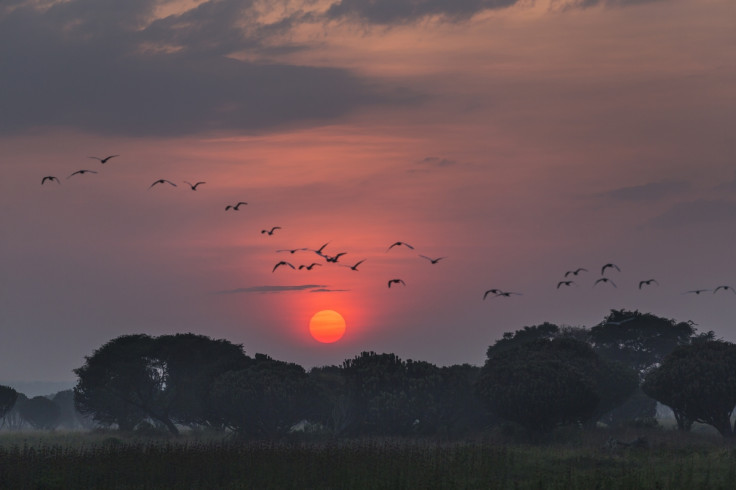
Africa's oldest and most biologically diverse national park is precariously perched in the eastern region of the Democratic Republic of Congo (DRC). The history of Virunga and its creatures have been inextricably intertwined with the fate of its people like no other place in human history and the battle to protect it from the numerous challenges is well underway, for if Virunga falls, so too do the four other sites in the DRC considered to be of "outstanding universal value" by Unesco.
In times gone by, international awareness of the existence of a paradise in the far reaches of the DRC was virtually unknown. But all that changed in 2014 with the release of a game changing documentary, Virunga, which followed the park's dedicated rangers doing one of the most dangerous jobs in the world. The power and reach of the film was never in doubt, given that it was backed by committed environmental activist and an executive producer on the masterpiece, Leonardo DiCaprio – now an Oscar winner.
Virunga - Official TrailerVirunga is the incredible true story of a group of brave people risking their lives to build a better future in a part of Africa the world has forgotten and a gripping exposé of the realities of life in the Congo.
Posted by Virunga: The Movie on Thursday, 3 July 2014
Rising 17,000 feet into the skies, the magical kingdom contains otherworldly snow-capped mountains on the cusp of heaven's door and descends more than 14,000 feet to lowland savannahs and tropical rainforests. It is home to the luminous glow of two the world's most active volcanoes as well as stampeding forest elephants, some 20,000 bellowing hippopotamuses (the largest concentration on the continent), roaming buffalo and the astoundingly beautiful, but critically endangered mountain gorilla. And if that wasn't enough, Virunga's residents include more species of birds, reptiles and mammals than any other park on Earth.
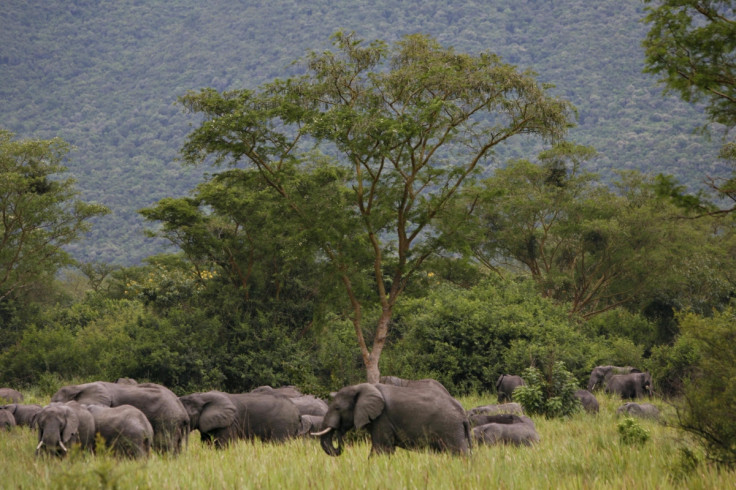
What makes Virunga different to other national parks?
The fallout from more than two decades of bloody civil war, armed rebel groups and the extraction of its resources (charcoal, oil, fish and land) are just some of the challenges that Virunga and her people have faced.
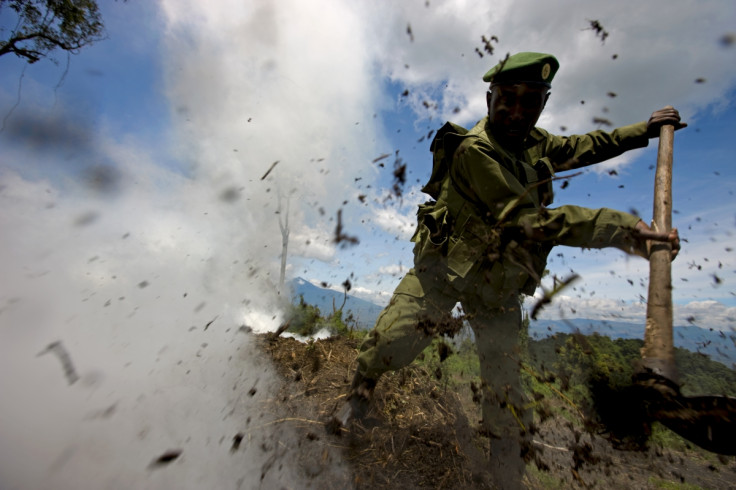
After the influx of more than a million refugees, including génocidaires – or perpetrators of the heinous 1994 Rwandan genocide – all hell broke loose in the park as criminals established their bases. The local population was terrorised through ethnic massacres and mass rape while the park's animal population was mercilessly hunted. The most beautiful place on Earth faced the daunting prospect of being wiped out without so much as an international whimper.
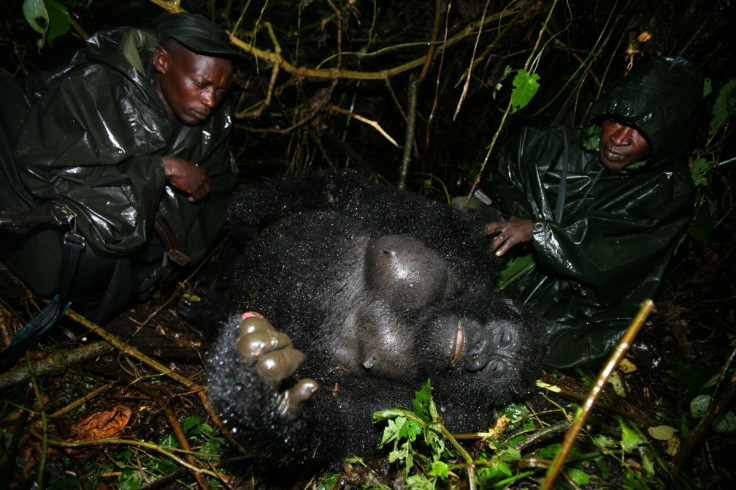
But in 2008, Virunga would experience a profound shift in its fortunes with the arrival of its knight in shining armour. Emmanuel de Merode was appointed as the park's director and the soft-spoken yet resolute Belgian prince has led from the front ever since, even if it meant nearly losing his life in the process to stop the further disfiguration of the human conscience.

What happens in Virunga could echo around the world
"For the past twenty years there have been a succession of devastating wars both in neighbouring Rwanda and Congo – a situation from which the country hasn't yet recovered," de Merode tells IBTimes UK. "Almost every single one of those wars started within or around Virunga National Park so there certainly is something about this park – unfortunately – that in spite of its incredible richness in terms of biological resources, appears to be associated with extreme levels of violence." More than 140 rangers have been killed in the line of duty.
Numerous studies analysing the underlying cause of such violence in the region all point to the unlawful extraction of the park's natural resources. With such unparalleled richness, Mother Nature and the local population have borne the brunt of illicit extraction. This includes charcoal, fish – which has an annual turnover of $38m (80% illegally extracted) – and the exploration for oil. When combined, they represent $100m in annual turnover. "That, by definition, provides an incentive for the creation of armed groups who profit from that trade – from the trafficking of its natural resources and so it inevitably feeds into these very, very tragic conflicts that have been happening," reflects de Merode.
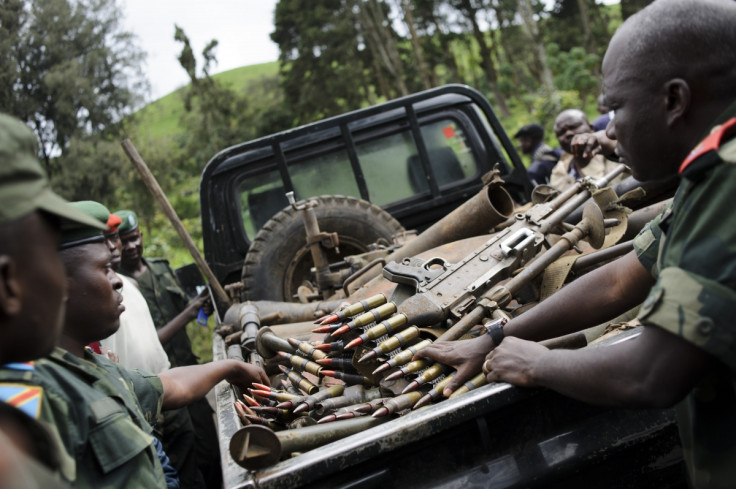
Should the plundering of Virunga continue, an unprecedented dawn with extensive consequences could be ushered in. "There are five World Heritage sites in the DRC and all five of them are classed as World Heritage sites in danger and Virunga was the first to be categorised in danger in 1992.
"If the issue of illegal extraction of its natural resources reaches a critical level, then it'll lose its status all together and once that precedence is established, then it has repercussions for other parks in Congo and in particular over this issue of illegal extraction of oil. If that were to be formalised, then it's a breach of international law and it sets a precedent that can have an impact not only on parks around the DRC, but also for the whole status of World Heritage sites not just in Africa, but across the world," warns de Merode. The impact of his calmly-delivered statement is somewhat deafening.
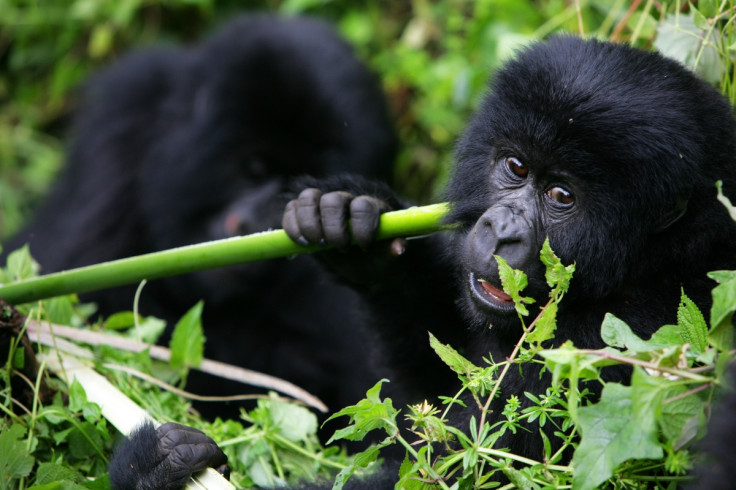
So far, this makes for grim reading. But Virunga has stood firm despite the scars of many atrocities and de Merode and his team of dedicated rangers represent enormous hope for a park that simply cannot be separated from humanity.
This feature is the first in a two-part series on Virunga with Emmanuel de Merode. Click here to read part two.
© Copyright IBTimes 2025. All rights reserved.






















